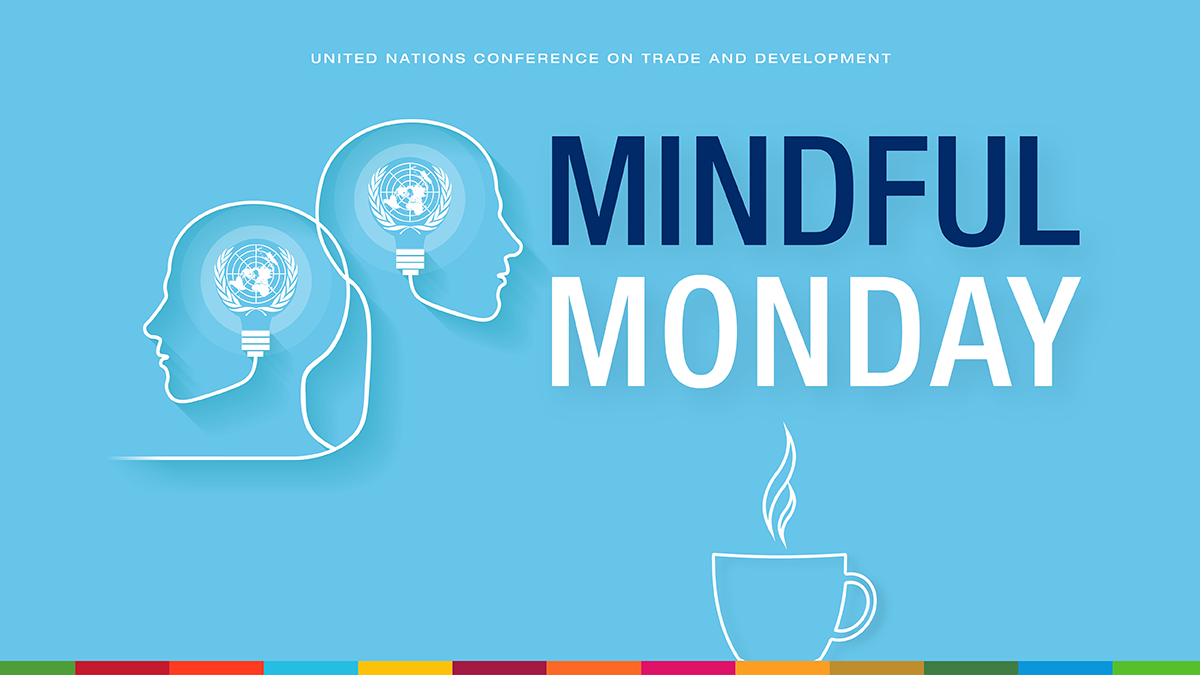By Isabelle Durant, Acting Secretary-General of UNCTAD

As the world frantically searches for the funds needed to recover from the COVID-19 crisis and achieve the United Nations Sustainable Development Goals (SDGs), concerns remain that billions of dollars of illicit financial flows (IFFs) will slip through the cracks this year.
A conceptual framework designed by UNCTAD and the UN Office for Drugs and Crime (UNODC) can help governments measure IFFs better and design more effective policy responses. As our chief statistician Steve MacFeely rightly said: “The pandemic has made it even more urgent to track illicit financial flows. Without resources, countries will not be able to achieve SDGs, and progress that has been made may even be reversed.” IFFs refer to the illegal movement of money from one country to another. This occurs not only through organized crime and trade in illegal goods, but also through illegal and illicit tax and commercial practices, such as trade misinvoicing, profit shifting and the transfer of funds to offshore destinations.
A recent UNCTAD report on economic development in Africa found that an estimated $88.6 billion leaves the continent as illicit capital flight – enough to finance almost half the annual financing gap of $200 billion that the continent faces to achieve the SDGs. It also showed that African countries with high IFFs spend on average 25% less on health and 58% less on education.
A new common framework
The urgent task of tackling IFFs is hindered by the fact that the information needed to measure the illicit flows of money cannot be captured by a single data source. And the required statistics and expertise are scattered across many agencies, including central banks, tax and revenue authorities, customs, and ministries of finance and justice.
To help, UNCTAD and the UNODC – the custodians of SDG indicator 16.4.1 on IFFs – established an international statistical task force in 2019 to develop common definitions and methodologies to measure the indicator. The two UN organizations produced the first-ever conceptual framework for the statistical measurement of IFFs, which was approved by the UN’s inter-agency and expert group on SDG indicators and published in October 2020.
The framework defines what IFFs are and identifies four main types of activities that can generate them:
- Illicit tax and commercial activities
- Illegal markets
- Corruption
- Exploitation-type activities and financing of crime and terrorism
The next step
The next step is to work with national statistical offices so that they plug the data they have into the framework. UNCTAD is currently working with official statisticians from countries across Africa, Asia and Latin America and the Caribbean.
Contact person: Isabelle Valentiny, Chief of Staff, a.i. : isabelle.valentiny@un.org


